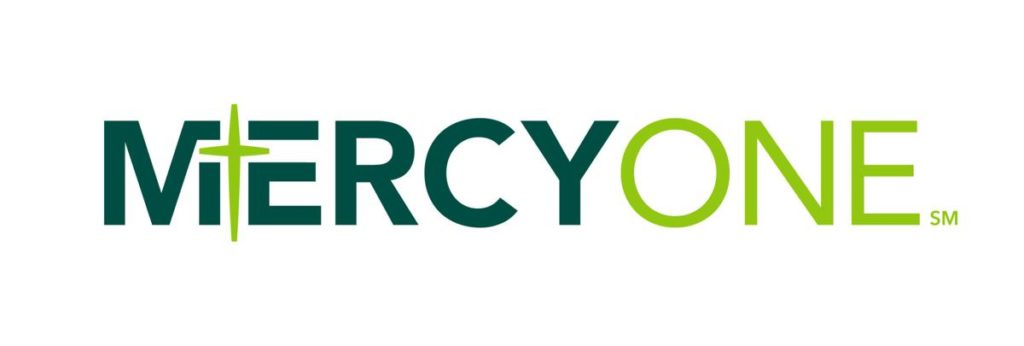Many hospitals and facilities choose to cross-train nurses to increase flexibility and durability for the staff, among other things. This article will explore the various ways that cross-training nurses benefit both the individual nurses and the hospital or facility to which they belong:
- Increase marketability
- Gain knowledge
- Gain flexibility
- Develop mentorship opportunities
- Increase durability
- Increase employee motivation
- How to find cross-training opportunities
Get job matches in your area + answers to all your nursing career questions

Increase marketability
As a nurse, it’s crucial to have a wide variety of skills to present to employers. This is an essential part of when a nurse decides to look for another job. When applying for new jobs, employers want to see how much that nurse has to offer. While it’s good to have a specialty, employers want to have someone they can count on to fill staffing gaps when necessary.
Additionally, it is also essential for nurses who aren’t planning on leaving a job. Having an eclectic mix of skills gives nurses extra value which is critical when determining raises and promotions.
Gain knowledge
Nurses must continue to learn throughout their careers. Beyond taking continuing education units, which are often dedicated to a specific type of nursing, nurses need to learn many different skills.
Knowledge is power in the nursing field. Many fields are closely related and can reinforce or help clarify another field in nursing. Staying current with the latest information as a nurse is a great way to maintain relevance.
Gain flexibility
By learning new skills from cross-training, nurses can play many different roles within the facility or hospital. It’s difficult when hospitals only have specialists within their units. Having people who can fill various positions is critical.
Flexibility also helps a hospital with scheduling. It gives them more options when it comes to choosing the right people to fill specific roles.
Develop mentorship opportunities
Mentorship plays a vital role in nursing. It provides nurses with an opportunity to learn from someone else and develop a relationship as well. Most nurses will both receive mentorship or mentor another nurse at some point in their career.
When nurses cross-train, it opens up more opportunities for mentorship to take place. Mentorship also boosts morale and camaraderie.
Increase durability
Cross-training nurses creates an opportunity for hospitals and facilities to have more depth in general. When nurses get sick or transfer to new hospitals, the facility can potentially replace them if more nurses are cross-trained. Hospitals are put in vulnerable situations when most of the staff are specialists.
Increases employee motivation
Sometimes employees feel stuck within a specific role. They may be blocked from promotion by other employees or just bored with their position. Providing cross-training for nurses allows individuals a chance to leave roles that are growing stale for them. It boosts morale and employee motivation as a result, which increases patient satisfaction overall.
How to find cross-training opportunities
The best way to find cross-training opportunities as a nurse is to chat with the staff in the desired unit. Getting to know the other nurses helps build rapport and will also teach the nurse about the unit in general. Next, if a nurse gets a good impression of the unit, they can connect with the leadership for the opportunity to shadow.
Some of the easiest units to cross-train nurses include:
- Progressive Care Unit to Intensive Care Unit (ICU)
- Cardiovascular Intensive Care Unit to Cath Lab
- ICU to Post Anesthesia Care Unit
- Med/Surg to Telemetry Nurse
If your current employer won’t support your interest in cross-training, you may need to consider taking a role elsewhere with a hospital that does. Many employers on Incredible Health readily embrace hiring nurses interested in cross-training for new specialties, such as Renown Hospital in Nevada and MercyOne in Iowa.


Get job matches in your area + answers to all your nursing career questions

